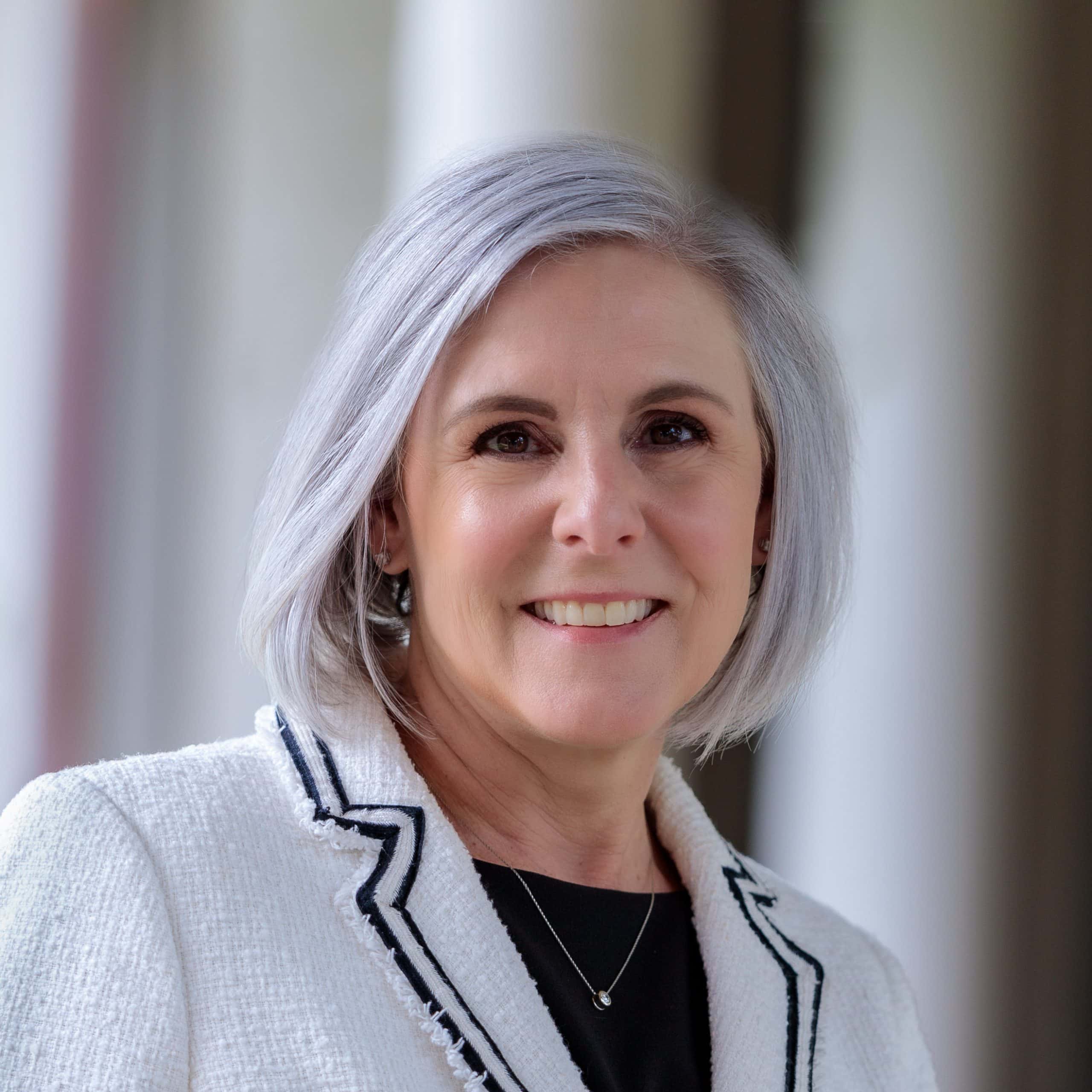Report on the 59th Session of the UN Human Rights Council and the Mandate of the Special Rapporteur on Eritrea
Introduction
The 59th session of the United Nations Human Rights Council (HRC), scheduled from 4th to 7th July, will address several draft resolutions. Among these is a critical resolution to extend the mandate of the Special Rapporteur on Eritrea, alongside another resolution proposing to end this mandate. This report highlights the key issues surrounding these resolutions with a particular focus on their alignment with the Sustainable Development Goals (SDGs).
Key Statements and Positions
Tigere Chagutah, Amnesty International’s Regional Director for East and Southern Africa, emphasized the ongoing necessity of the Special Rapporteur’s work in Eritrea. She urged UN member states to vote in favor of extending the mandate to address persistent human rights violations and the lack of accountability for both ongoing and past abuses.
“The Special Rapporteur’s work in Eritrea is far from finished – member states of the UN Human Rights Council must vote to extend the Special Rapporteur’s mandate and address the ongoing human rights violations as well as the lack of accountability for ongoing and past abuses.”
Tigere Chagutah, Amnesty International’s Regional Director for East and Southern Africa
Chagutah also called on the European Union, which is leading the resolution to extend the mandate, to strengthen it further and heed the Special Rapporteur’s calls for accountability. This call is especially significant as the international community approaches a decade since the Commission of Inquiry on Human Rights in Eritrea warned of possible crimes against humanity.
In contrast, Eritrea has proposed a counter-resolution aimed at terminating the Special Rapporteur’s mandate. This move has been described as a cynical attempt to undermine the UN human rights system. Amnesty International urges HRC member states to reject this counter-resolution as it represents open defiance against the Council’s mechanisms.
Background of the Special Rapporteur’s Mandate
- The mandate of the UN Special Rapporteur on the human rights situation in Eritrea was established by the UN Human Rights Council in 2012.
- This was supplemented by a two-year Commission of Inquiry on Human Rights in Eritrea from 2014 to 2016.
- From 2012 until 2019, initial resolutions maintaining the Special Rapporteur’s mandate were led by Djibouti and Somalia.
- On 16 June, during the ongoing HRC session, the Special Rapporteur highlighted that nearly a decade has passed since the Commission of Inquiry concluded that crimes against humanity may have been committed amid widespread and systematic human rights violations, yet no meaningful progress toward accountability has been achieved.
- Following this presentation, Eritrea announced its intention to counter the EU-led resolution with one aimed at terminating the Special Rapporteur’s mandate.
Emphasis on Sustainable Development Goals (SDGs)
The issues surrounding the Special Rapporteur’s mandate on Eritrea are closely linked to several Sustainable Development Goals, including:
- SDG 16: Peace, Justice and Strong Institutions – The extension of the mandate supports efforts to promote peaceful and inclusive societies, ensure access to justice, and build accountable institutions by addressing human rights violations and demanding accountability.
- SDG 10: Reduced Inequalities – By focusing on human rights abuses, the mandate contributes to reducing inequalities within Eritrea, ensuring that vulnerable populations receive protection and justice.
- SDG 5: Gender Equality – The Special Rapporteur’s investigations often include violations against women and girls, thereby supporting gender equality and empowerment.
- SDG 17: Partnerships for the Goals – The collaboration between the UN Human Rights Council, Amnesty International, the European Union, and other stakeholders exemplifies global partnerships aimed at achieving sustainable development and human rights protection.
Conclusion and Recommendations
- Member states of the UN Human Rights Council are urged to vote in favor of extending the Special Rapporteur’s mandate to ensure continued monitoring and accountability for human rights violations in Eritrea.
- The European Union should strengthen the resolution to reinforce calls for accountability and justice.
- HRC members should reject Eritrea’s counter-resolution, which undermines the UN human rights framework.
- Continued international attention and action are essential to align Eritrea’s human rights situation with the Sustainable Development Goals, particularly SDG 16.
1. Sustainable Development Goals (SDGs) Addressed or Connected
- SDG 16: Peace, Justice and Strong Institutions
- The article focuses on human rights violations, accountability, and the work of the UN Human Rights Council and Special Rapporteur, which are directly related to SDG 16.
- SDG 10: Reduced Inequalities
- The emphasis on addressing systemic human rights abuses and crimes against humanity relates to reducing inequalities and ensuring equal rights for all.
- SDG 17: Partnerships for the Goals
- The article discusses international cooperation through the UN Human Rights Council, EU-led resolutions, and member states’ roles, highlighting global partnerships.
2. Specific Targets Under the Identified SDGs
- SDG 16 Targets
- Target 16.3: Promote the rule of law at the national and international levels and ensure equal access to justice for all.
- Target 16.6: Develop effective, accountable and transparent institutions at all levels.
- Target 16.10: Ensure public access to information and protect fundamental freedoms, in accordance with national legislation and international agreements.
- SDG 10 Targets
- Target 10.3: Ensure equal opportunity and reduce inequalities of outcome, including by eliminating discriminatory laws, policies and practices.
- SDG 17 Targets
- Target 17.16: Enhance the global partnership for sustainable development, complemented by multi-stakeholder partnerships.
3. Indicators Mentioned or Implied in the Article
- Indicators Related to SDG 16
- Indicator 16.3.2: Unsentenced detainees as a proportion of the overall prison population – implied through concerns about human rights violations and accountability.
- Indicator 16.6.2: Proportion of the population satisfied with their last experience of public services – implied by the call for effective and accountable institutions.
- Indicator 16.10.1: Number of verified cases of killing, kidnapping, enforced disappearance, arbitrary detention and torture of journalists, associated media personnel, trade unionists and human rights advocates – implied by the focus on human rights abuses and crimes against humanity.
- Indicators Related to SDG 10
- Indicator 10.3.1: Proportion of population reporting having personally felt discriminated against or harassed within the previous 12 months – implied by the emphasis on addressing systemic abuses and inequalities.
- Indicators Related to SDG 17
- Indicator 17.16.1: Number of countries reporting progress in multi-stakeholder development effectiveness monitoring frameworks that support the achievement of the sustainable development goals – implied by the discussion of international cooperation and resolutions.
4. Table of SDGs, Targets and Indicators
| SDGs | Targets | Indicators |
|---|---|---|
| SDG 16: Peace, Justice and Strong Institutions |
|
|
| SDG 10: Reduced Inequalities |
|
|
| SDG 17: Partnerships for the Goals |
|
|
Source: amnesty.org







